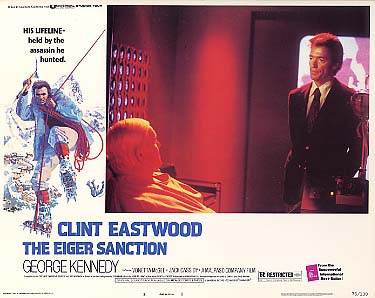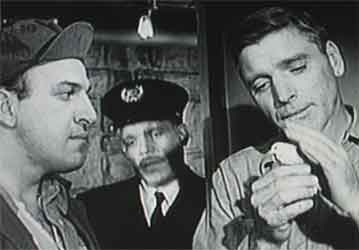
This won't be the last time I mention Joe R. Lansdale at woofreakinhoo - it is hard to know where to even begin with this guy. If you have heard of him, it might be because of the movie Bubba Ho-Tep. I saw that before I read any of his fiction and thought it was one of the most wildly inventive plots I'd seen in, well, forever.
I didn't know at the time that his books were even better. I have a stockpile of them, haven't even read them all yet - I don't want to. I want to savour each one, so I spread them out, a few months apart.
His humour, his wild plots, his amazing characters, they all draw me in. A friend told me my work has some similarities to Landsdale, sometimes I can see that. I say "sometimes" because I don't quite see my work in the same genre. Although, I should add, it is hard to put Lansdale in a genre. I could devote a lot of posts to this guy, and I might.
But for now, I just want to mention what I think may be his finest book, The Bottoms. It is more mainstream than his other books (based on the ones that I have read). A lot of critics have compared it to Harper Lee's most famous, and only, book. But I don't think you can quite saddle it next to To Kill a Mockingbird. Funnier yet, is the comparison to Faulkner. I more respect Faulkner than love him (except for, "As I Lay Dying, which is incredible). For one thing, I think I'd rather sit by a fire and hear Lansdale tell stories than Faulkner.
He is a yarn spinner - and more. The humour that bubbles out of his books and the descriptive language seems natural, never forced. And the kicker for me is that there is something deeper at work. Not always. I thought his book Freezer Burn failed in that area, and generally was just not that good of a book. "The Bottoms" is a whole 'nother thing. And I can't put the damn thing down.
When I read his stuff, I am always trying to remember my favorite descriptions, just so I can tell someone else about it. Like when he comments on the collective intellect of the Nation family in The Bottoms:
"... if you took the Nation family's brains and wadded them up together and stuck them up a gnat's butt and shook the gnat, it'd sound like a ball bearing in a boxcar."
How fine is that?
Home of Mr. Lansdale
 Thursday, March 15, 2007 at 04:16PM
Thursday, March 15, 2007 at 04:16PM 






